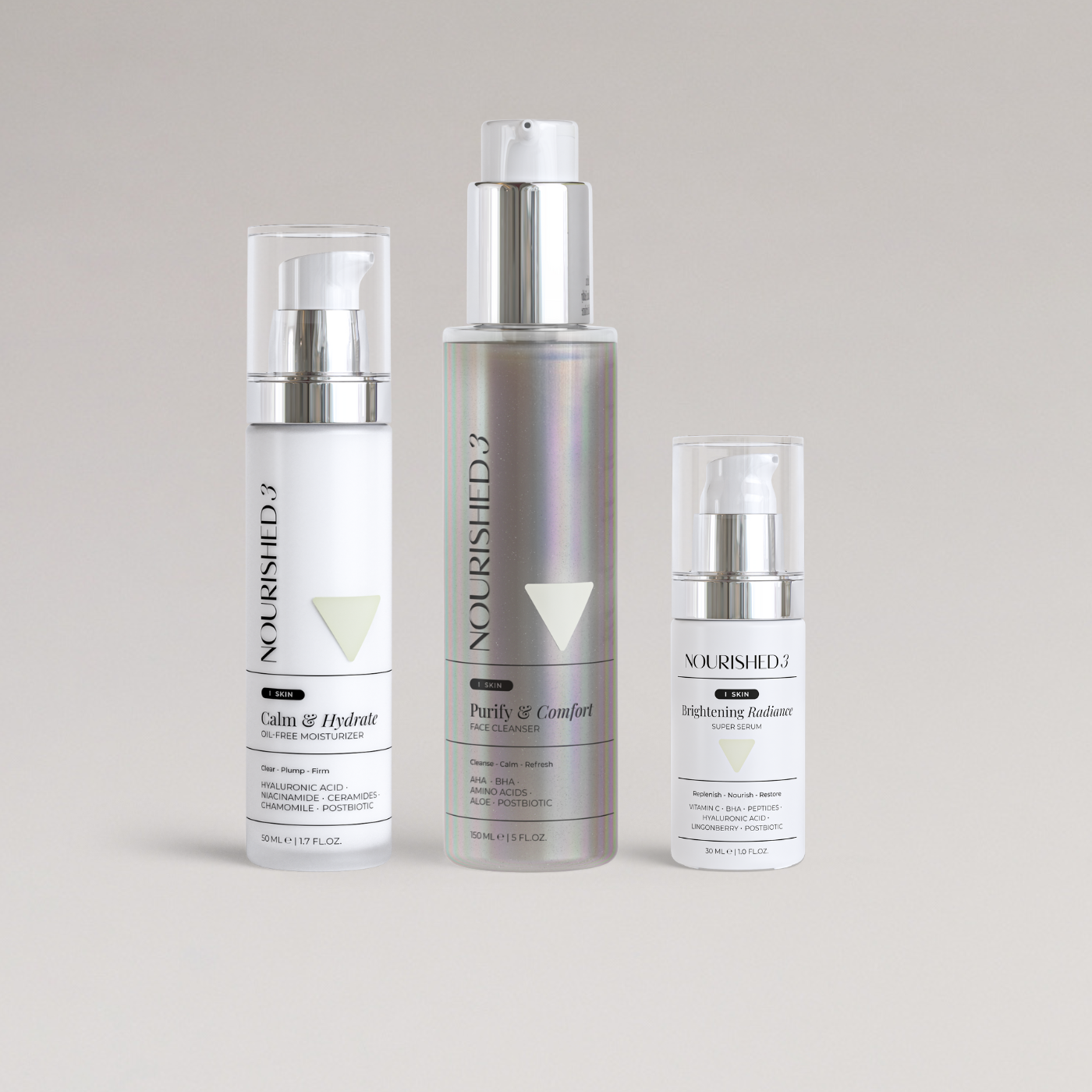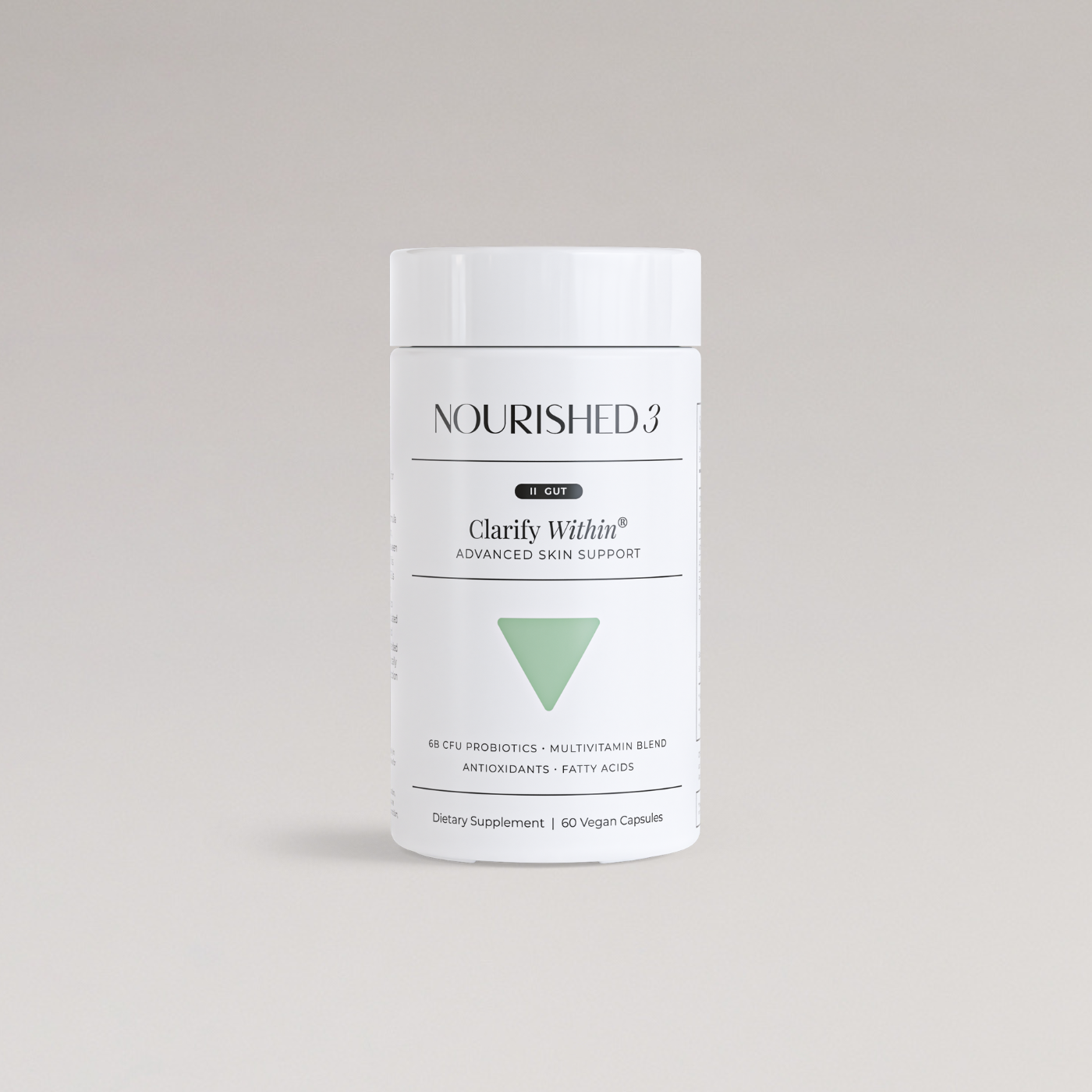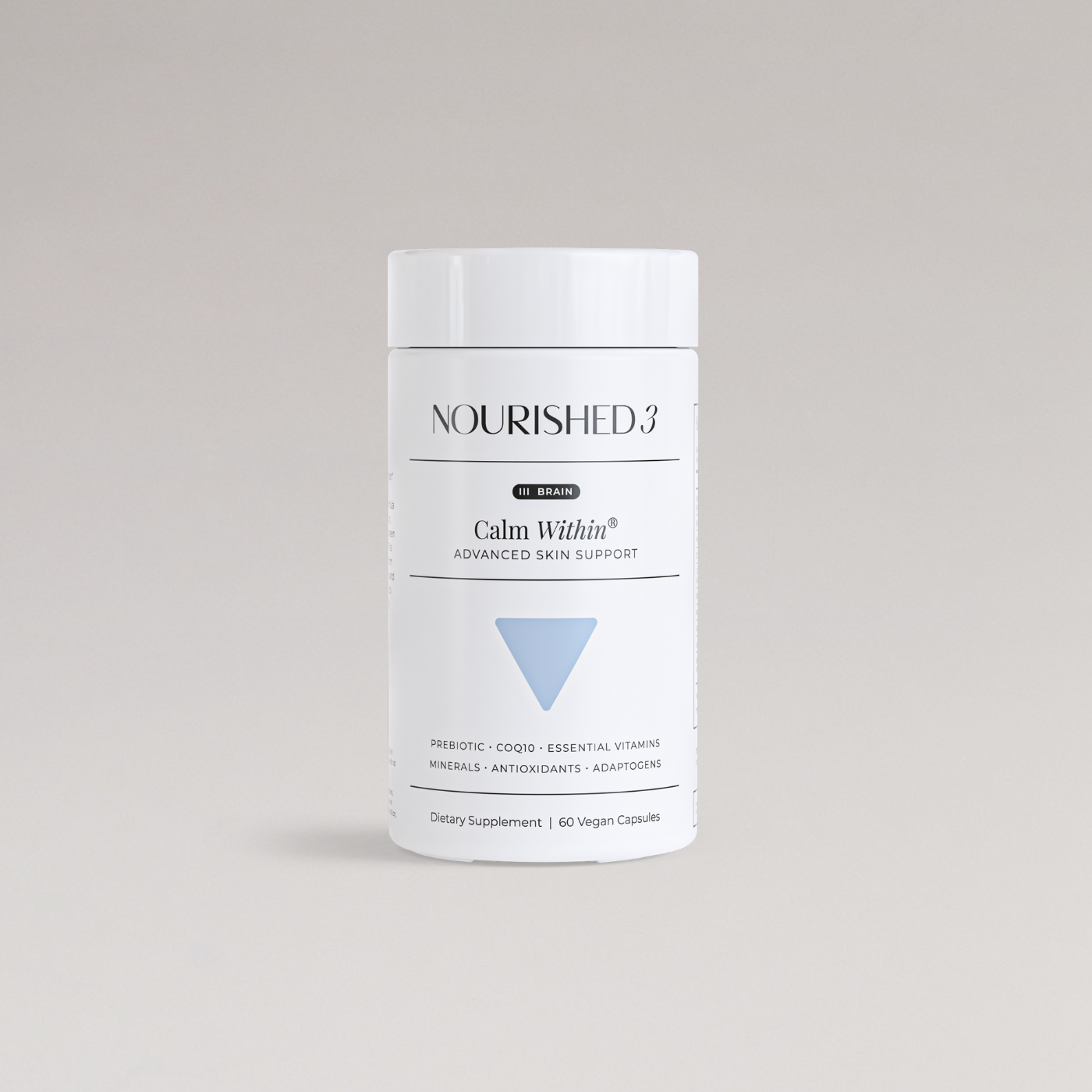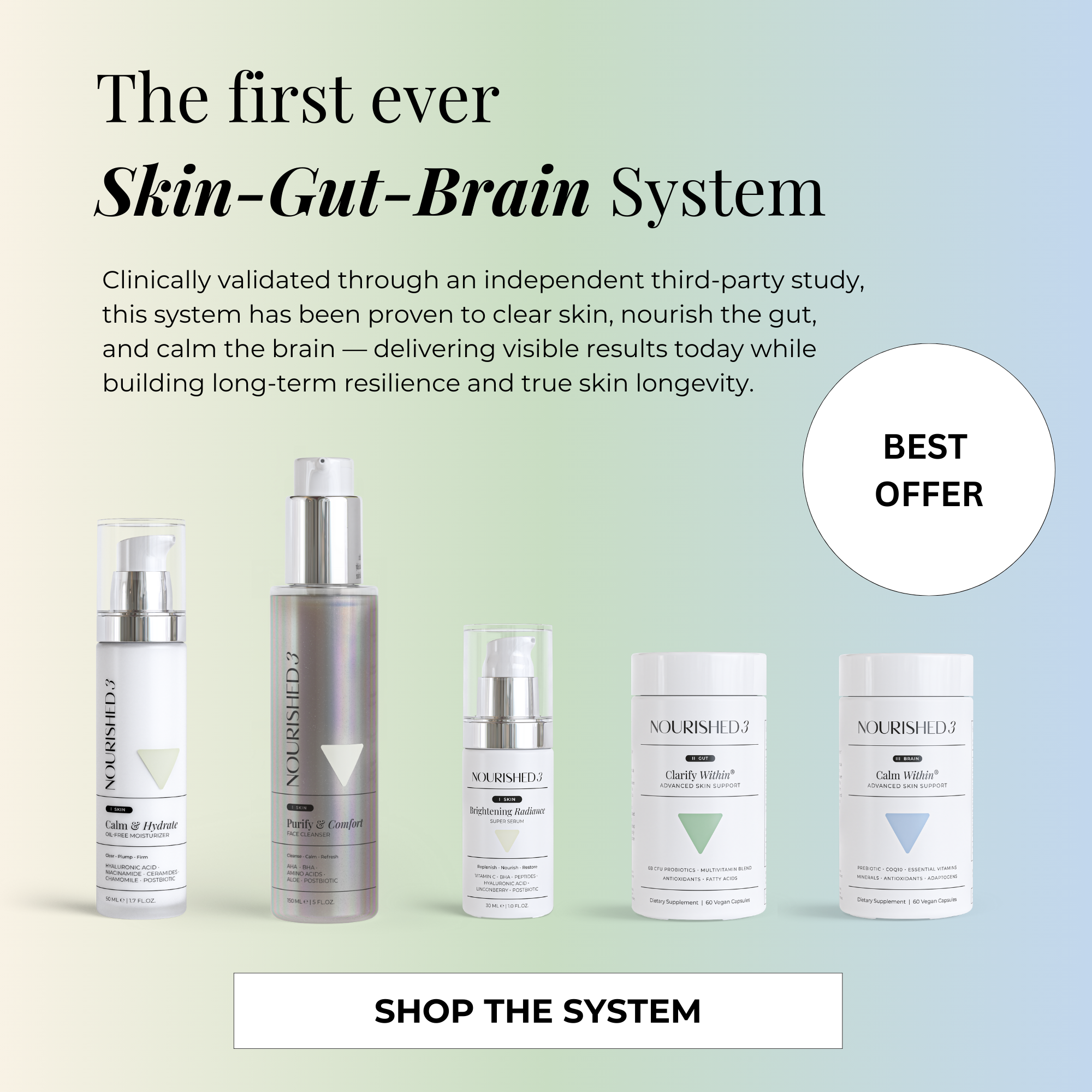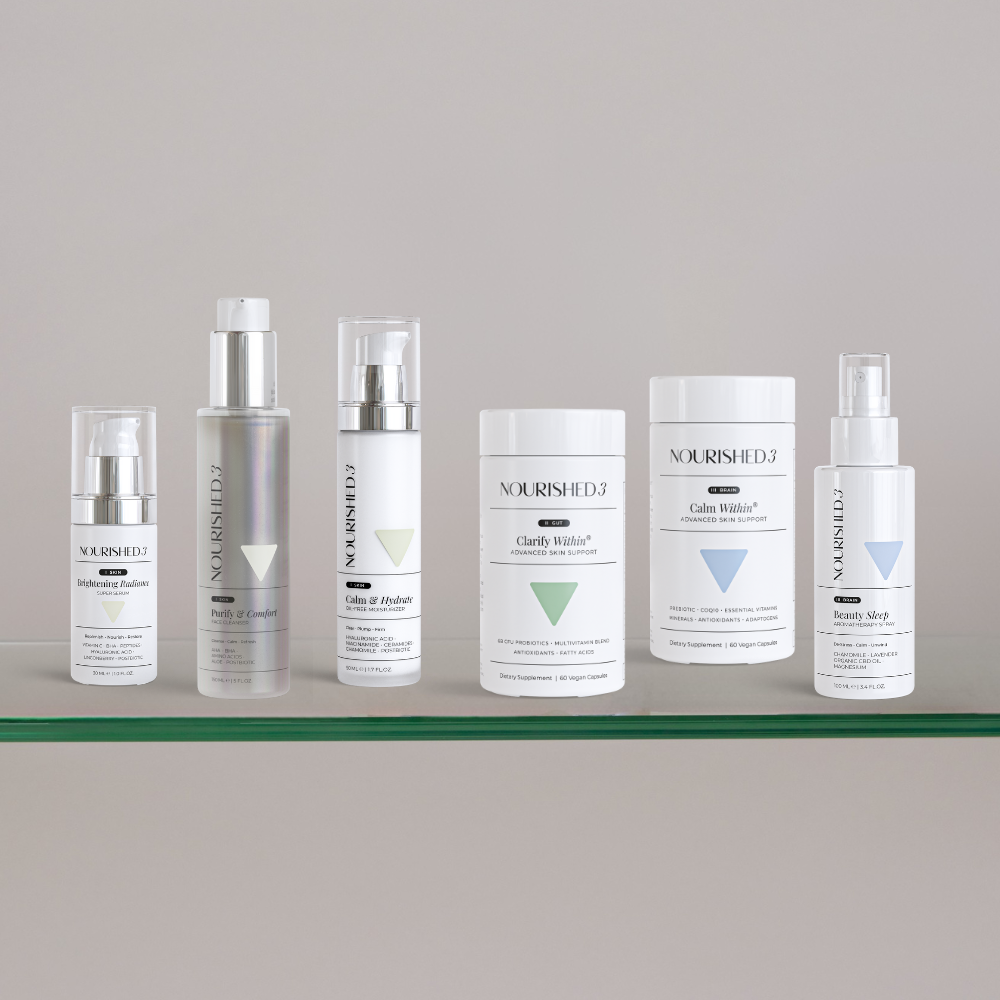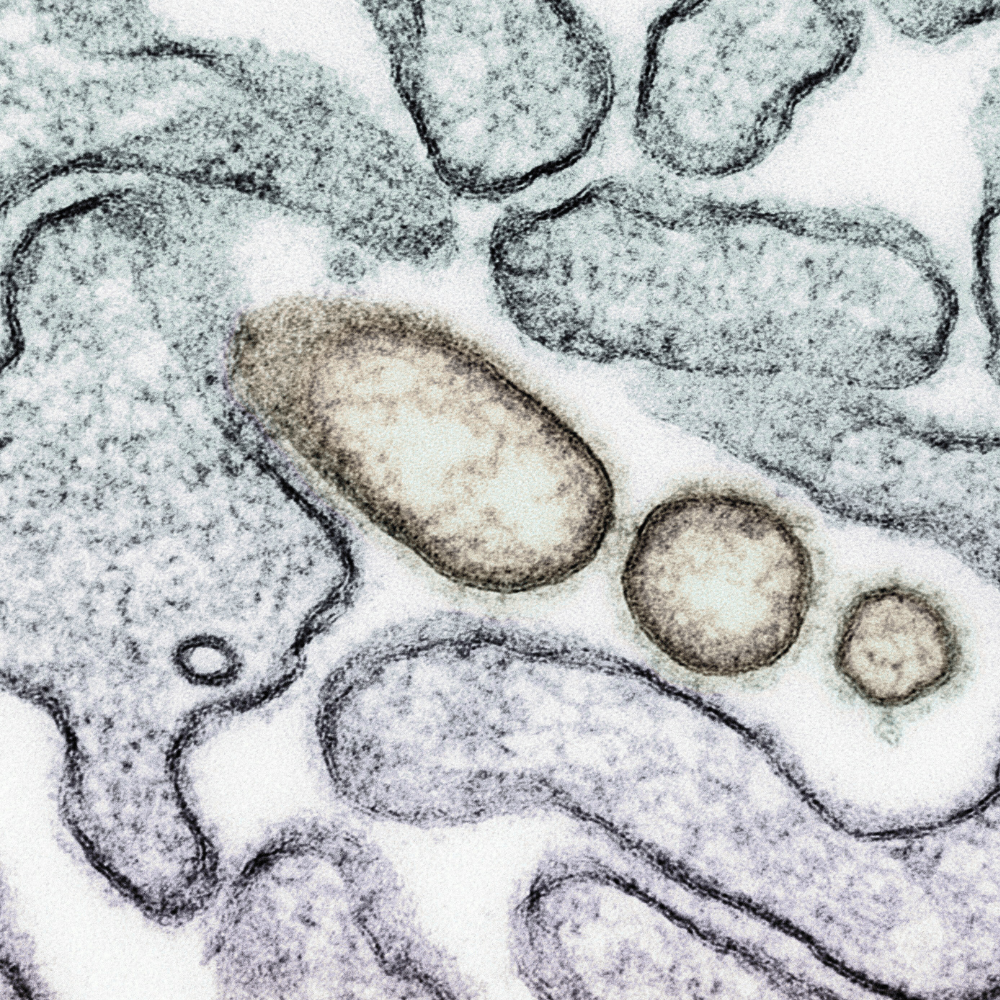Your skin’s hidden world: Why bacteria might be the secret to clear, healthy skin
At first glance, your skin may look smooth and uniform, but beneath the surface, it’s teeming with life. Every square inch is home to millions of bacteria, fungi, and viruses, forming what scientists call the skin microbiome. And it’s not just there for decoration, it plays a vital role in your skin’s health, immunity, and even acne prevention.
The science behind the skin microbiome
Your microbiome is a vast, invisible ecosystem of microorganisms living in and on your body, most notably the gut microbiota, oral cavity, and skin epidermis. These microbial communities are highly individual and influenced by genetics, diet, skincare products, and lifestyle.
On your skin alone, there are:
-
Over 1,000 species of bacteria
-
Up to 80 species of fungi
-
Millions to billions of microbes per cm²
These tiny residents help protect your skin by:
-
Maintaining a healthy pH
-
Supporting immune function
-
Reinforcing the skin barrier
-
Breaking down oils and deterring pathogens
But when the microbiome becomes imbalanced, a condition called dysbiosis, your skin becomes more sensitive, inflamed, and vulnerable to breakouts.
Meet the bacteria living on your face
Cutibacterium acnes: Friend or foe?
Right now, your skin is home to billions of tiny organisms, and one of the most well-known is Cutibacterium acnes (formerly Propionibacterium acnes), a key player in both skin health and acne formation.
But here’s the catch:
C. acnes isn’t always the bad guy.
What is C. acnes, really?
C. acnes is a naturally occurring bacterium that lives deep inside your pores, especially in oily areas like the forehead, nose, and chin. In a balanced skin microbiome, it plays a helpful role: fighting off harmful invaders and supporting skin barrier function.
Think of your skin like a thriving city—C. acnes is one of the residents keeping the peace.
When balance shifts, trouble begins
When puberty, stress, or hormonal changes trigger an increase in sebum (skin oil), C. acnes gets overfed. The excess oil becomes fuel for rapid bacterial growth.
As the population spikes, so does inflammation, which can lead to:
-
Clogged pores
-
Redness and swelling
-
Painful breakouts and cystic acne
Not all strains are created equal
There are multiple strains of C. acnes, and some are beneficial, while others are problematic. The goal isn’t to wipe them out, but to support the good strains while reducing the conditions that allow the troublemakers to thrive.
Sensitive skin: A microbiome imbalance
Today, 60–70% of women and 50–60% of men report having sensitive skin, with symptoms like stinging, burning, redness, or itching. Science shows this is often linked to an imbalanced microbiome.
What causes this dysbiosis?
-
Air pollution
-
Harsh skincare and over-cleansing
-
Mask-wearing (hello, maskne)
-
Overuse of antibiotics or antibacterial products
-
Chronic stress and poor gut health
Maintaining a balanced bacterial skin ecosystem is essential to protecting the skin surface and preventing inflammatory skin diseases.
Skin microbes you should know
Your skin microbiome is home to a variety of microorganisms, many of which play vital roles in maintaining skin health. Disrupting these microbes can lead to bacterial skin disorders, including infections, inflammation, and barrier damage. Here are three key players and how to support them:
1. Staphylococcus epidermidis – The good guy
This beneficial skin bacterium produces bacteriocins—natural antimicrobial peptides that combat harmful invaders like Staphylococcus aureus, one of the most common causes of bacterial skin infections. A reduction in S. epidermidis can leave the skin surface dry, red, and vulnerable to infection.
How we support it:
-
Cerebiome® and Saccharomyces boulardii in Clarify Within®
-
Helps reduce gut inflammation, strengthen the immune system, and prevent S. aureus overgrowth—supporting healthy S. epidermidis populations.
2. Cutibacterium acnes (C. acnes) – Protective when balanced
Naturally found in hair follicles, this microbe helps maintain a slightly acidic pH by breaking down sebum. However, when C. acnes becomes overgrown, it can trigger bacterial skin issues like clogged pores, acne, and inflammation.
How we support it:
-
Clarify Within® with Cerebiome® & S. boulardii to rebalance the gut microbiota and reduce excess oil production
-
Calm Within® with Livaux®, a prebiotic that fuels Faecalibacterium prausnitzii, which produces butyrate—a postbiotic that calms inflammation and enhances skin clarity
3. Corynebacterium – The pH regulator
Under normal conditions, this skin microbe helps regulate acidity on the skin epidermis. But in cases of overgrowth, it contributes to skin barrier dysfunction and irritation.
How we support it:
-
Postbiotic Pomegranate Lactobacillus Ferment Lysate in the Clear Skin Collection
-
Reinforces skin immunity, supports healthy pH levels, and strengthens the skin barrier
What disrupted microbiomes look like
When your skin microbiome is thrown off balance—a condition known as dysbiosis—certain bacterial skin populations become overrepresented, while protective microbes decline. This imbalance contributes to a range of skin disorders and inflammatory symptoms.
-
Low Staphylococcus epidermidis – Makes skin dry, sensitive, and more likely to get infected
-
High Cutibacterium acnes – Causes breakouts, clogged pores, and inflammation
Too much Staphylococcus aureus – Breaks down your skin barrier, leading to redness and irritation
Excess Lactobacilli – Can upset the immune balance and cause stinging or burning
How to keep C. acnes and other skin microbes in balance
Restoring a healthy microbial ecosystem on human skin means creating conditions where protective bacteria can thrive, without triggering common bacterial skin infections or sensitivity:
-
Choose gentle, pH-balanced skincare to control oil without harming your skin’s good bacteria
-
Skip harsh antibacterial products that throw your skin’s balance off
-
Take microbiome-friendly supplements to calm inflammation and support gut-skin health (hello, Clarify Within®)
-
Manage stress to keep oil levels and skin flare-ups in check (hello, Calm Within®)
-
Feed your skin barrier with postbiotics, zinc, and antioxidants to build long-term strength
How to restore & support your skin’s microbiome
Be gentle with your skin barrier
Your skin’s natural defense system is delicate. To keep it healthy:
-
Avoid harsh ingredients like alcohols, sulfates, and synthetic fragrances
-
Choose pH-balanced, microbiome-safe skincare
-
Limit over-exfoliating and using stripping cleansers that damage your protective layer
Feed your microbiome with biotic-based therapies
Even with a clean diet, your gut and skin might still be missing key microbial fuel. That’s because certain essential nutrients for microbial diversity, like resistant starches, polyphenols, and fermented fibers, are often absent in modern eating patterns. A healthy skin-gut connection depends on microbial diversity and strategic use of probiotics, prebiotics, and postbiotics.
Here’s how to support it:
-
Probiotics (SEED):
Live beneficial microbes like Cerebiome® and Saccharomyces boulardii help reduce gut inflammation and support clearer skin. -
Prebiotics (FEED):
Plant fibers such as Livaux® nourish good bacteria like Faecalibacterium prausnitzii, strengthening the gut lining and calming systemic inflammation. -
Postbiotics (SHIELD):
Fermented compounds like Pomegranate Lactobacillus Ferment Lysate help reduce oxidative stress, soothe skin, and keep microbial balance in check.
Together, these biotics form the foundation of our Triple Biotic™ approach to whole-body wellness.
Why Nourished3 works
At Nourished3, we believe clear skin starts far beneath the surface. That’s why we go beyond traditional skincare to support the Skin-Gut-Brain Axis, treating the root causes of inflammation, oil imbalance, and microbiome disruption from both inside and out.
Our holistic approach
Our formulas are designed with precision, targeting over 300+ biomarkers to restore balance across the skin, gut, and brain for long-term health.
We combine science-backed supplements with barrier-safe topicals to:
-
Reduce inflammation at the root (gut + brain)
-
Support healthy oil levels without stripping the skin
-
Promote a balanced microbiome—internally and externally
Our targeted, microbiome-supporting ingredients
-
Cerebiome® (Psychobiotic)
Supports mood, reduces cortisol, and strengthens gut-skin communication -
Saccharomyces boulardii (Skinbiotic)
Protects gut lining and helps prevent inflammatory breakouts -
Livaux® Prebiotic
Nourishes F. prausnitzii to improve gut barrier integrity and promote calm, clear skin -
Pomegranate Lactobacillus Ferment Lysate (Postbiotic)
Calms skin inflammation, supports immune balance, and nurtures skin microbiota diversity
Our microbiome-safe topicals
Clear Skin®: Cleanser, serum, & moisturizer
-
Gentle, pH-balanced formulas that protect the skin barrier
-
Free of synthetic fragrance and harsh preservatives
-
Powered by postbiotics, niacinamide, zinc, and hyaluronic acid for calm, resilient skin
Our skin-gut-brain supplements
Clarify Within® (Gut)
-
A blend of probiotics, vitamins, and omegas
-
Helps heal leaky gut (which actually causes premature aging), rebalance the microbiome, and reduce acne from within
Calm Within® (Brain)
-
Supports stress resilience and regulates cortisol
-
Reduces stress-triggered inflammation that can disrupt both skin and gut health
The bottom line
You don’t need to kill bacteria to have clear skin. You need to work with your microbiome, not against it.
By nurturing your gut and skin ecosystems with targeted nutrients and microbiome-safe skincare, you create the foundation for clear, resilient, and truly healthy skin.
Disclaimer:
These statements have not been evaluated by the Food and Drug Administration. This product is not intended to diagnose, treat, cure, or prevent any disease.
